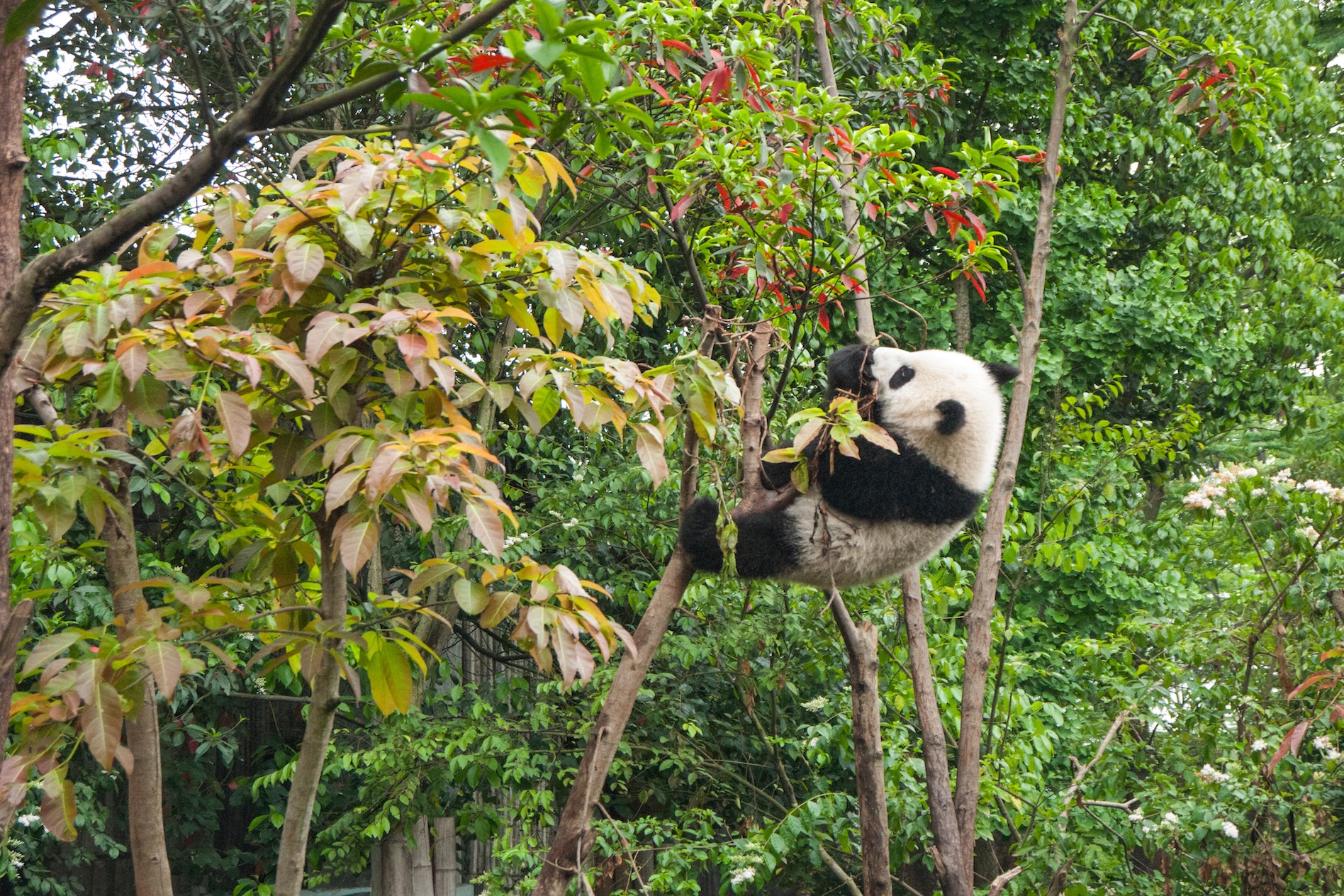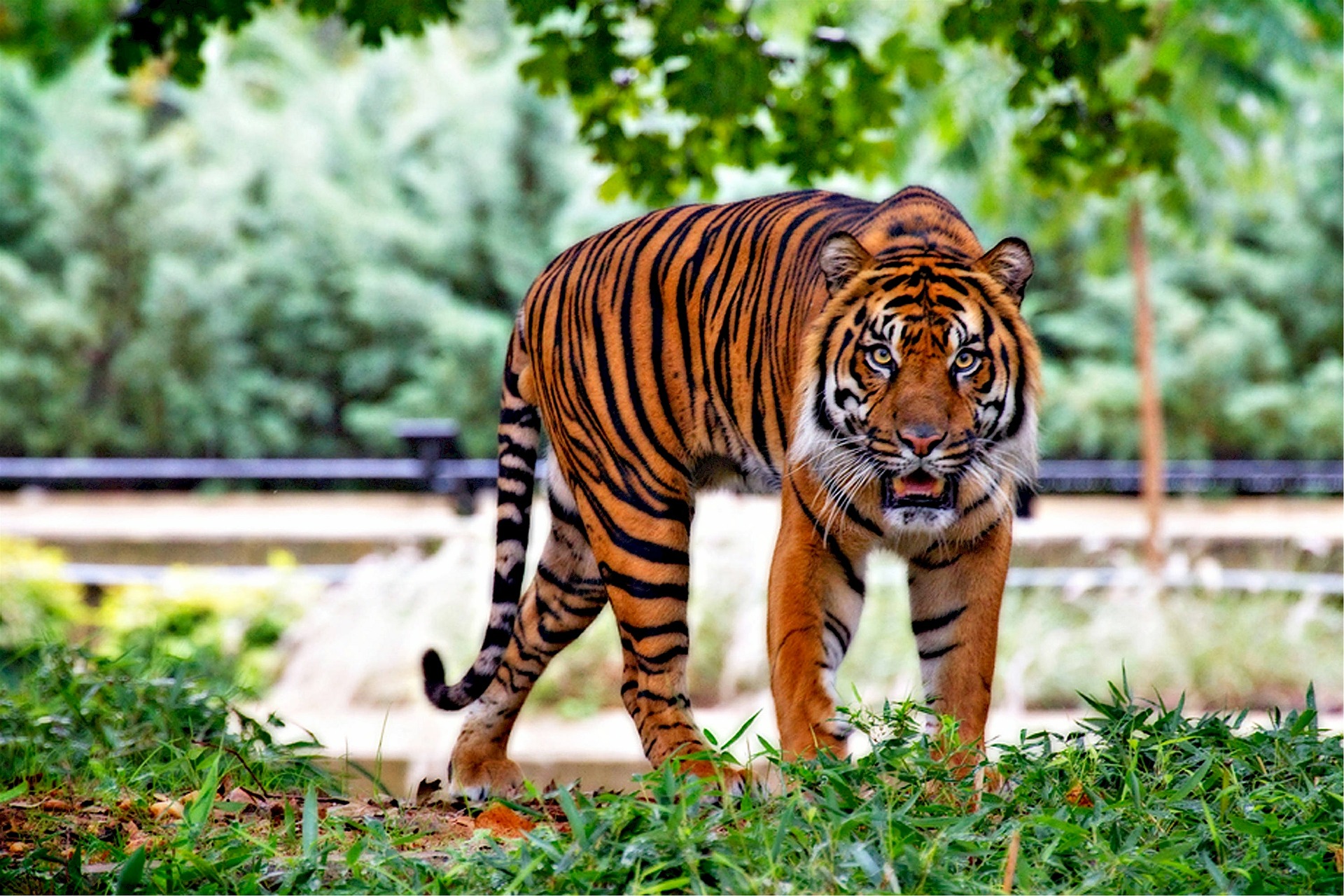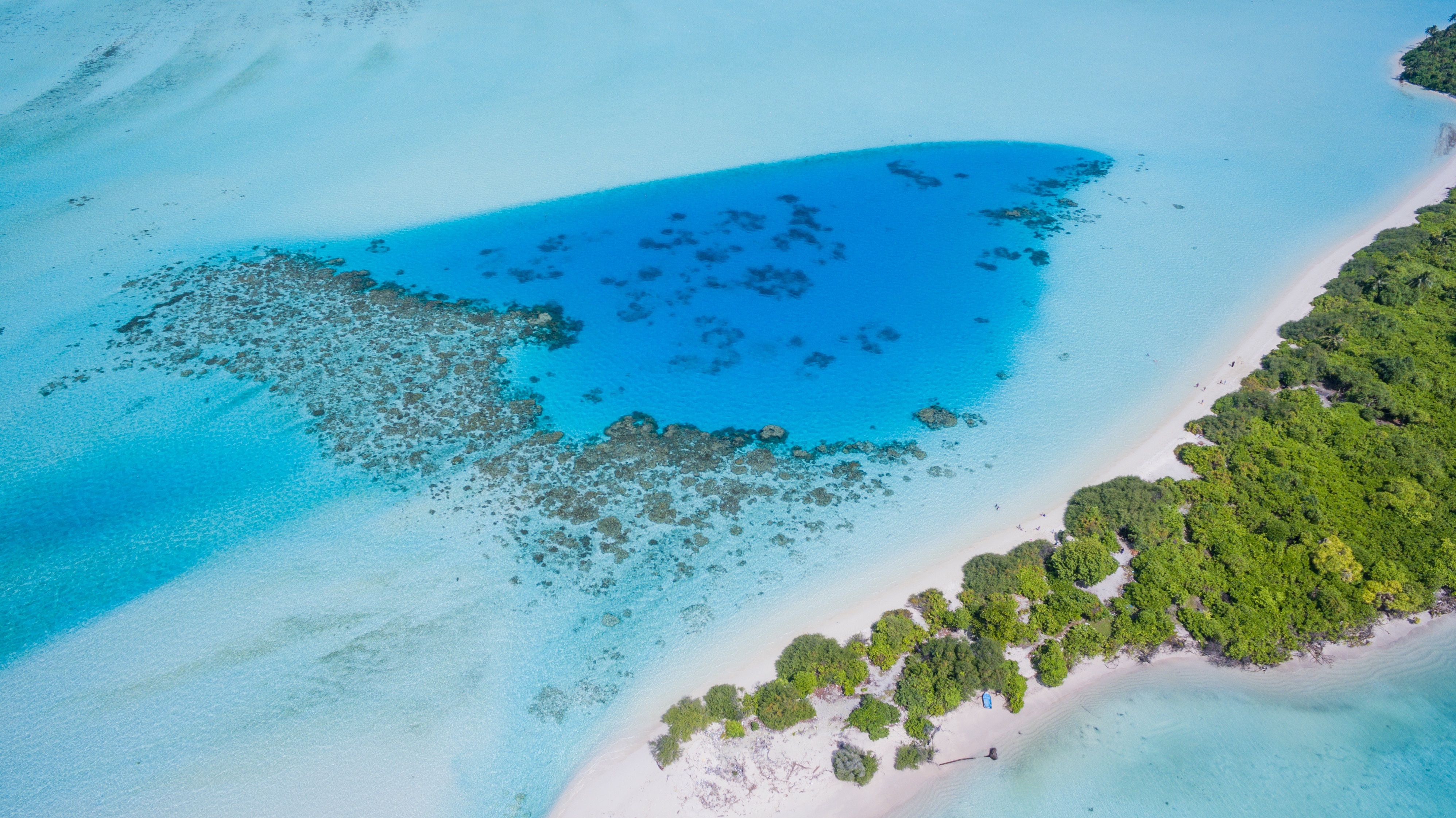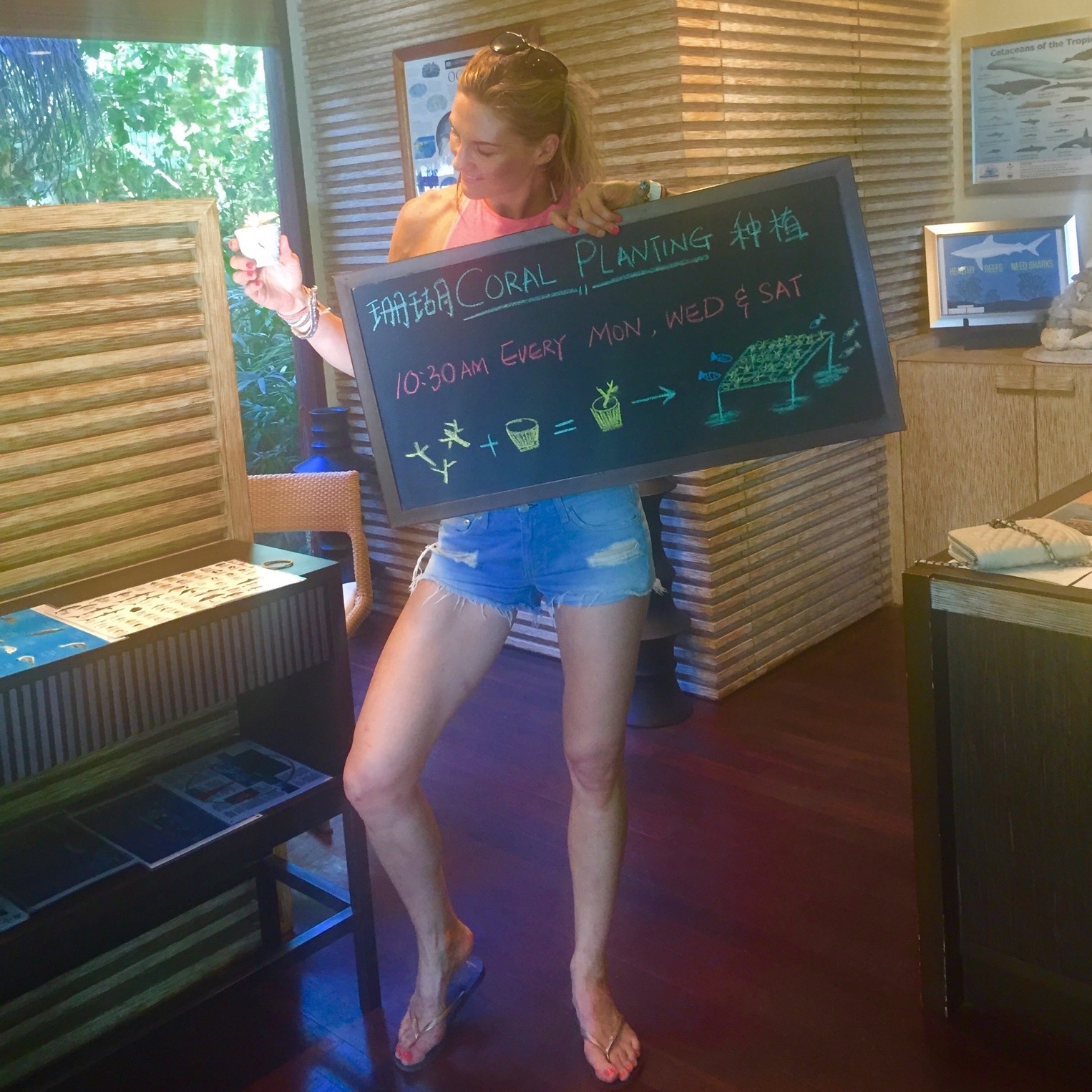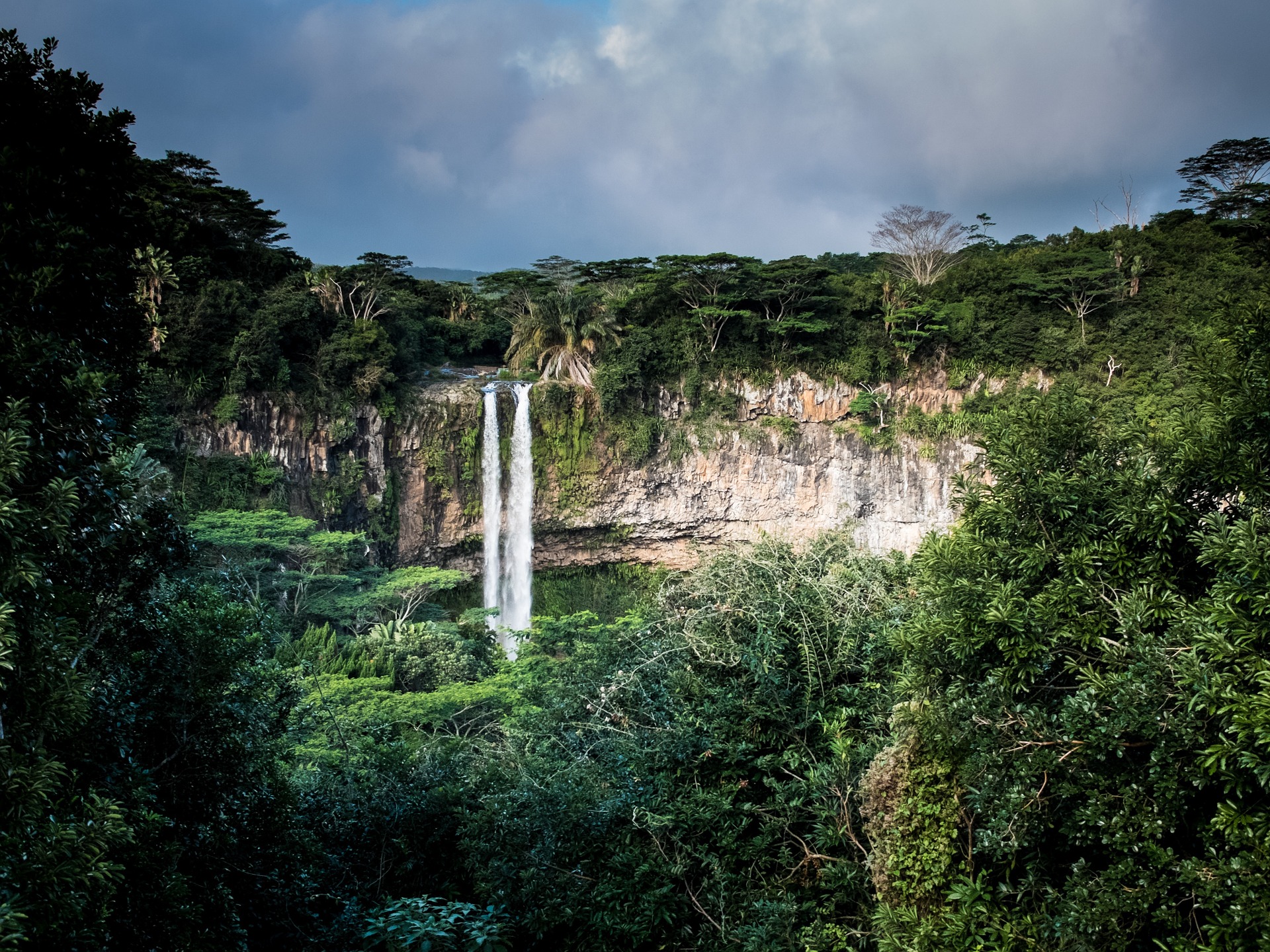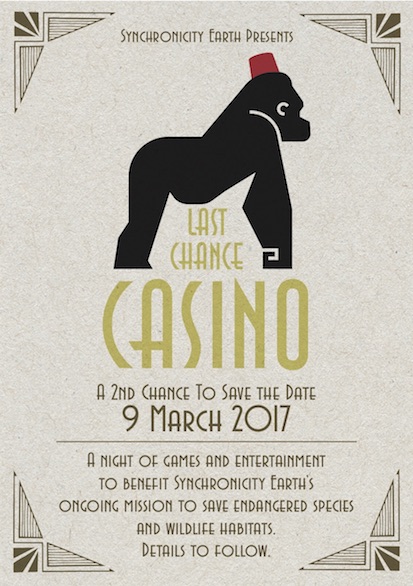I have such an obsessional love with our planet and a low level underlying guilt about not helping protect the natural world enough. How many of my lifestyle habits are contributing to its decline? What needs to happen so that we can ensure that we pass on a planet worth inhabiting to our children and future generations? I believe it is our moral obligation to help the environment and support the planet we inhabit. I also believe that it is easy for individuals to make small practical changes which collectively could make a huge difference to their health and the health of the planet.
A friend introduced me to Synchronicity Earth, a charitable foundation with an ambitious vision: to halt the extinction crisis, protect biodiversity and help to create a better relationship between people and planet. It’s a big ask. But the good news is that every single one of us can play a part.
We have put together some practical tips that you may find easy to integrate into your life. Take an “every little helps” attitude. Helping care for the planet in ways that fit with your life does not make you hypocritical to the extent that there are more drastic changes you cannot make. Every little effort helps. Do what you can do and think about how you can do more. Here are some ideas.
EATING: Organic, meatless and low-food-miles food and wine are all proven to be healthier for people and the environment, causing fewer diseases and resulting in less habitat loss. There’s an added bonus: as consumer demand for such products grows, the choices are getting better and more affordable. Farm-to-table options include boxes containing delicious seasonal products. Biodynamic options mean that we get to experience more authentic, tasty and natural wines (many served in Michelin Starred restaurants) that contain no additives and are produced from grapes that are farmed sustainably. Does anybody really need mineral water that has been shipped thousands of miles?
SHOPPING: Re-using bags, refusing to buy products wrapped in plastics and recycling all disposable plastics reduces toxic waste and considerably improves the health of our ecosystems and species. Currently, only 10% of the world’s plastic is recycled – 50% ends up in landfill and most of the rest contaminates rivers and land, washing out to sea where it breaks down into toxic micro-plastic particles that destroy marine life.
PERSONAL CARE: It seems insane that many of the beauty products we use (cosmetics, creams and soaps) contain endocrine disruptors and other chemicals that harm children and wildlife. Even the world’s coral reefs aren’t safe, as Oxybenzone, a chemical found in 3,500 sunscreen products worldwide, as well as lipstick, mascara and shampoo, has recently been shown to be extremely harmful to corals, inhibiting their growth, disrupting their ability to reproduce and ultimately killing them. Choose natural products where you can. Almond oil and coconut oil are the only moisturisers your body’s skin really needs.
HOLIDAYS: wherever you go on holiday, what kind of impact does it have? I don’t mean just the flight, though opt for carbon neutral airlines if you can. Where are you staying? Is it a 5-star hotel serving the same international cuisine as every other high end hotel in the world – if so, where does that food come from? Who benefits? Or is it an ecolodge or a local operation? Can you learn something about the country and the people? Is it a country that has a good conservation record? Build this into your holiday planning… If you (or any of your family) like safari, trekking, diving, snorkelling, etc., are you going with a reputable operation that is concerned about the natural environment, employs local guides, has codes of conduct etc.? I recently stayed at Shangri-La’s Villingili resort (Maldives) where I loved exploring their car-free lush tropical island by bike: the resort has a fascinating ecology centre and children can even can even take part in a coral restoration programme. I was also happy to hear that the resort operates a local farmer co-operative whereby local farmers of fruits and vegetables supply the resort with fresh produce on a weekly basis.
FASHION: Fashion is the 2nd largest polluter in the world. What can women in the West do to counter the pernicious effects of ‘fast fashion’, given that (arguably) it’s largely driven by women. Be a bit Vivienne Westwood (i.e buy fewer quality items of clothing). I have set myself a few wardrobe rules, such as an ‘in-one-out-one’ rule and that everything I buy must be both useful and beautiful. Need is probably a step too far but mindless fashion shopping days are over.
HOME: Turn off taps while you brush your teeth and turn off lights, heating or air conditioning when you aren’t in the room.
TECHNOLOGY: Do you need an upgrade? Really? Probably not. Small decisions make a big difference. Instead of idly looking at your phone, read a book for five minutes. We bemoan children being glued to their devices, but what kind of example do we set? If you have older children, I thoroughly recommend watching the documentary Screenagers. You can read more about my thoughts on screen time here.
TRANSPORT: If you are buying a car, think about buying a Tesla. Get a bike – it’s fun! I use a scooter (a non-motorised adult version of the ubiquitous children’s one) to get around. Walking and running journeys is a great way of keeping fit. Reduce greenhouse gases while burning calories and improving your health!
CHILDRENS’ BIRTHDAYS: Have a charity donation box at your children’s birthday parties in lieu of gifts. My children have loved picking a charity to support, and we have a lot of WWF sponsored animals (all called Arthur and George) dotted around the world. Or find a smaller, local charity you can all support and get hands on…get out into nature with your kids whenever you can. Learn about local species together. It teaches social responsibility and engages them early in issues facing our planet. It also saves on wrapping paper, unwanted gifts, toy packaging and writing personalised thank you letters. Happy days!
LEARN AND VOLUNTEER: If you have time, offer your skills to an environmental organisation. Learn more about the issues. Get involved! Be curious and talk to people. Find out what’s really going on and go to events, because if our futures don’t depend on it, then our kids and their kids’ futures may do…
SYNCRONICITY EARTH is a UK registered charity that provides a framework for enlightened environmental giving, globally. Their research identifies effective people and organisations tackling the most urgent environmental problems.
Please come and join me at their Last Chance Casino event on March 9th, 2017, which aims to raise awareness and funds to tackle the global extinction crisis. This is not a sit-down tabled event, it is a party! Bring your friends for a fun-filled evening of games, prizes, music and entertainment, along with sustainably sourced global cuisine and special “last chance” cocktails.
For more information and to register your interest in this event, please contact: Victoria@synchronicityearth.org. Invitations will be sent out in January.
For more information please visit the Synchronicity Earth website.


